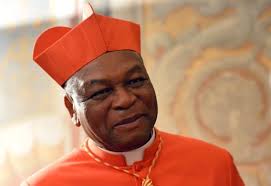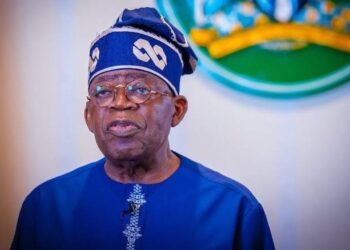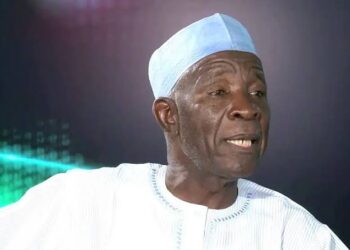A former political advisor to the late Governor Abubakar Rimi of Kano State (1981-83), Dr. Asikpo EssienIbok, has decried the pervasive corruption in Nigeria, highlighting that the entrenched nature of corruption and its detrimental impacts on the system have made it extremely challenging to eradicate.
He reminisced that the roots of corruption were planted at the time of independence, and it has evolved into a complex issue that is difficult to overcome due to the lack of genuine commitment from successive administrations since 1960.

Delivering a speech as a distinguished guest lecturer at a public discourse on “Corruption and National Development in Nigeria,” hosted by the Faculty of Management Sciences, University of Uyo (UNIUYO), Akwa Ibom State, the elder statesman expressed disappointment at Nigeria’s position as a hub for various forms of corruption.
He outlined the different manifestations of corruption in the country, which include institutional corruption, money laundering, corporate and resource mismanagement, transparency and accountability challenges, as well as systemic corruption.
Asikpo identified multiple factors contributing to corruption in Nigeria, such as ineffective governance and institutions, lack of transparency, political interference and favoritism, economic factors, absence of accountability, cultural and social norms, complex regulatory frameworks, globalization, transnational corruption, political instability, and absence of ethical leadership.

He emphasized that “White-collar corruption has spread like a malignant tumor that the nation chose to ignore during its early developmental stages, and it has now grown to be more widespread and intricate than public service corruption.”
Dr. Asikpo, however, pointed out that the potential for substantial national development in Nigeria hinges largely on significantly reducing the prevalent high levels of corruption to a tolerable extent.
Consequently, he advocated for strategic planning that involves overhauling the economy, political and social structures, and fostering better political leadership.

“The liberation of Nigeria’s national development from the grip of endemic and systemic corruption lies in the revolutionary reconstruction of our deteriorating socioeconomic and sociopolitical systems that nurture corruption,” he emphasized.
The chairman of the event, Prof. Trenchard Ibia, remarked that corruption in Nigeria has a distinct character that is universally recognized, felt, and discussed, yet no Nigerian admits to being corrupt. He defined corruption as the “misuse, abuse, or misappropriation of position or privilege for personal gain.”
The vice-chancellor, Prof. Nyaudoh Ndaeyo, represented by his deputy, Prof. Anthonia Essien, commended the Dean of the Faculty of Management Sciences, Prof. Ubom, for organizing the public lecture, noting that the topic was relevant and impactful on the national consciousness.
“Nothing tarnishes a nation’s image like corruption, and this lecture serves as a call to action for every Nigerian to combat corruption,” he remarked.



































